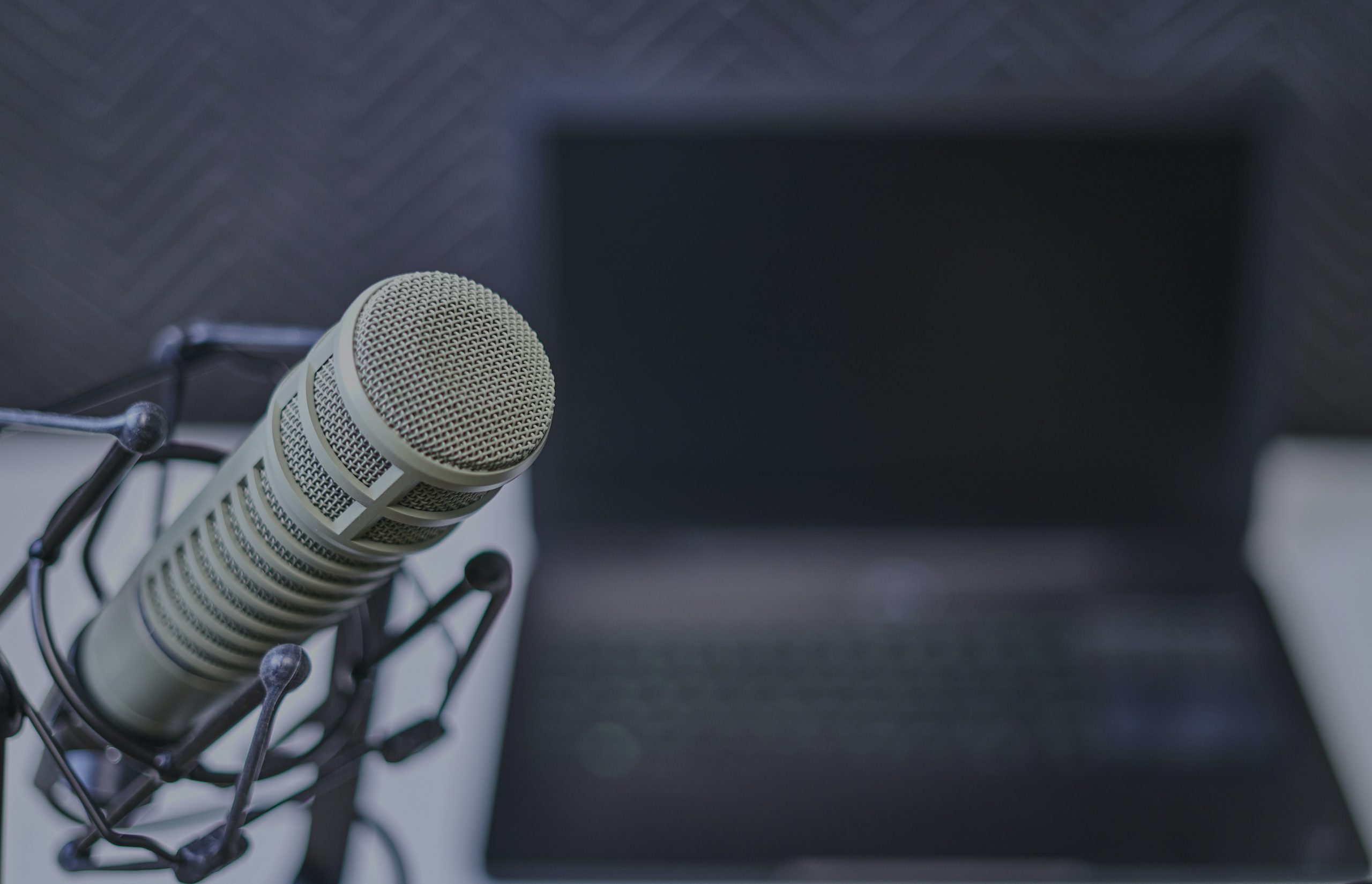How to get songs on the radio in 2022
Image Credit: Dan LeFebvre
Getting radio airplay isn’t easy, but here are some helpful tips on how to get your songs played on the radio, including pitching your music to stations and building relationships with DJs.
Getting your music on the radio is a dream for many artists. While streaming continues to dominate the music industry, millions of listeners still tune into the radio every day to hear new catchy music.
Radio airplay is something managers and labels with good connections can offer, but as more and more artists are going independent, radio remains an import tool to reach a new audience and grow your music online.
Making great music is the most important thing. Unfortunately there’s no simple trick to catch the eye of radio tastemakers, but here are some tips that may come in handy.
Choose your best radio friendly song
First things first, make sure your music is radio friendly. Regardless of genre, it does need to be somewhat commercial in order to fit in.
Pick a track that best connected with fans. It should be under 4 minutes, with clean language, no drug references, and no political or religious message.
Next, get the track uploaded to SoundCloud so you can share the link with radio curators. SoundCloud allow private uploads, so they don’t appear on the main feed and only those with the link can access it.
Sharing a SoundCloud link means the contact at the radio station can quickly and easily stream the track without having to download any files or filling up their email inbox.
Get the WAV or FLAC file uploaded to cloud services too. This means if they do want to use the music, they can download the uncompressed track.
Pitching – how songs get on the radio
As an indie artist, you’ll need to pitch your song to radio scouts and DJs, and you’ll need to stand out. Be sure to talk up your music, why it’s important to you and your personal successes so far.
Scouts are likely listening to hundreds of tracks a day, so keep your pitch short and sweet. Give them a reason to listen to your music.
In the UK, BBC Introducing helps thousands of emerging artists gain radio airplay on national and local stations. Once you’ve uploaded your track for free to the BBC Music Introducing Uploader, you’ll be notified when the track is listened to and if it’s played. BBC Introducing also have stages at top festivals around the UK.
Don’t shoot straight for the daytime slots on top stations in your country. Start by reaching out to local stations that are looking for new music.
Don’t underestimate the power of local radio. Find stations in your area that typically plays your style and genre of music. Build up your airplay numbers, gain traction locally and reach bigger stations as you go.
Daytime DJs often don’t have much say in what gets played. They are most likely required to play a predetermined playlists of chart hits. Pitching to night-time DJs will be an easier first step as there’s less radio traffic at this time.
Build relationships with radio DJs
If you can establish a relationship with DJs, this will help no end. Don’t spam DJs. They get plenty of requests for airplay and will know what sort of music works when they hear it.
Let them get to know you. Include a press pack of photos, lyrics, and your bio to show the DJ exactly what kind of artist you are.
Engage with their content on social feeds. If you music gets played on any stations, be sure to thank the DJs that played your music. Build a connection with someone on the inside that can push your next big track forward.
Click here to find out how to track your radio and TV plays.
